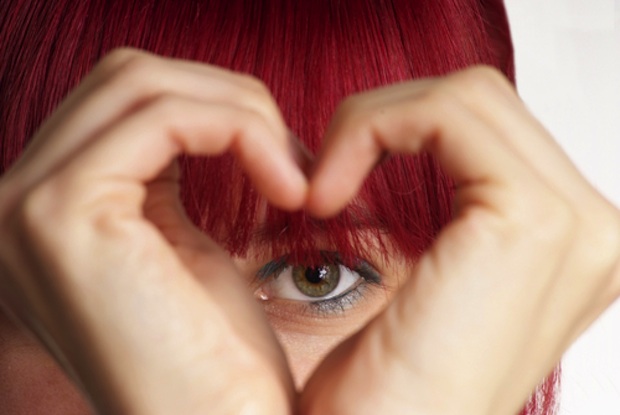If you were asked to name who you love, what would your intuitive answer be? Your life partner? Your kids? Perhaps your parents? Would you even think to immediately include yourself on the list? Your answer can enhance or diminish your ability to give and receive the love you most want.
Giving and getting love are about the most fundamental human needs there are. Can you fully imagine the pain of never having been loved or of loving another? I hope not! I hope instead, that we all find ways to deepen and widen our ability to love and to be loved. It turns out that the key to that capacity probably begins closer to home than we often realize.
How many of us would immediately answer the question about who we love by answering, ‘Myself’? I know I wouldn’t! It seems so narcissistic, right? It may be, however, that the single greatest determining factor in giving love to others (and being able to receive it from them) is how much we love ourselves.
I’m not talking about elevating narcissism, a real psychological disorder, to some praiseworthy state. I’m simply suggesting what has been taught by many ancient belief systems, and validated in current research science.
From the golden rule, which teaches that we should love our neighbors as ourselves, to the work of Christopher J. Mruk, PhD and many others, we learn that how we love ourselves is the starting point from which we build our ability to love others.
Without pretending that life is all about you, loving yourself means you try to keep track of how precious you are.
Unlike narcissism, self-love is a beginning, not an ending. It’s a foundation, not the completed building. With that foundation though, the structure of love – of both giving and receiving it – will be ours to build, and to sustain.
Loving yourself means putting yourself on the list of those you love, and doing so proudly. Without pretending that you are perfect, or that life is all about you, loving yourself means you try to keep track of how precious you are.
We need to value ourselves, to see the beauty, capacity, dignity, and even sacredness that each of us possesses. We need to know that in almost every instance, we are better than we give ourselves credit for. Were we really giving enough love and nurturing to ourselves, we’d be able to do the same for others, as well.
So, let’s ask again: Who do you love?

Listed for many years in Newsweek as one of America’s “50 Most Influential Rabbis” and recognized as one of our nation’s leading “Preachers and Teachers,” by Beliefnet.com, Rabbi Brad Hirschfield serves as the President of Clal–The National Jewish Center for Learning and Leadership, a training institute, think tank, and resource center nurturing religious and intellectual pluralism within the Jewish community, and the wider world, preparing people to meet the biggest challenges we face in our increasingly polarized world.
An ordained Orthodox rabbi who studied for his PhD and taught at The Jewish Theological Seminary, he has also taught the University of Pennsylvania, where he directs an ongoing seminar, and American Jewish University. Rabbi Brad regularly teaches and consults for the US Army and United States Department of Defense, religious organizations — Jewish and Christian — including United Seminary (Methodist), Yeshivat Chovevei Torah (Modern Orthodox) Luther Seminary (Lutheran), and The Jewish Theological Seminary (Conservative) — civic organizations including No Labels, Odyssey Impact, and The Aspen Institute, numerous Jewish Federations, and a variety of communal and family foundations.
Hirschfield is the author and editor of numerous books, including You Don’t Have To Be Wrong For Me To Be Right: Finding Faith Without Fanaticism, writes a column for Religion News Service, and appears regularly on TV and radio in outlets ranging from The Washington Post to Fox News Channel. He is also the founder of the Stand and See Fellowship, which brings hundreds of Christian religious leaders to Israel, preparing them to address the increasing polarization around Middle East issues — and really all currently polarizing issues at home and abroad — with six words, “It’s more complicated than we know.”

